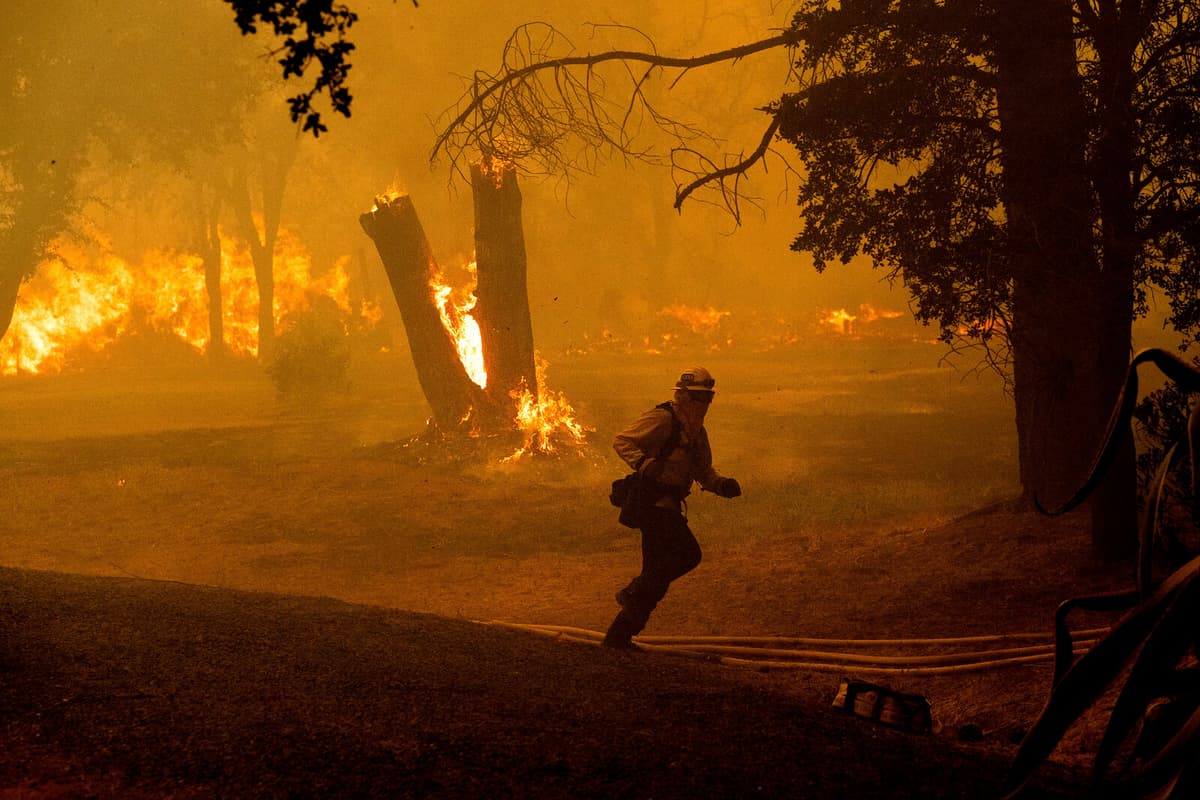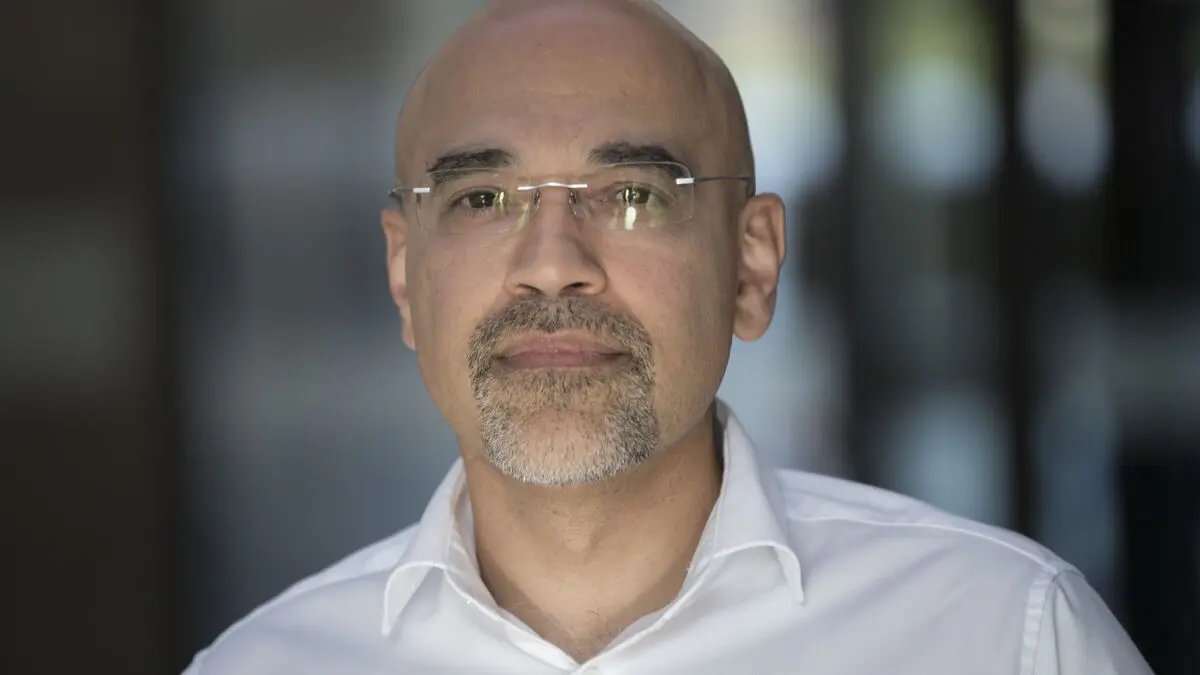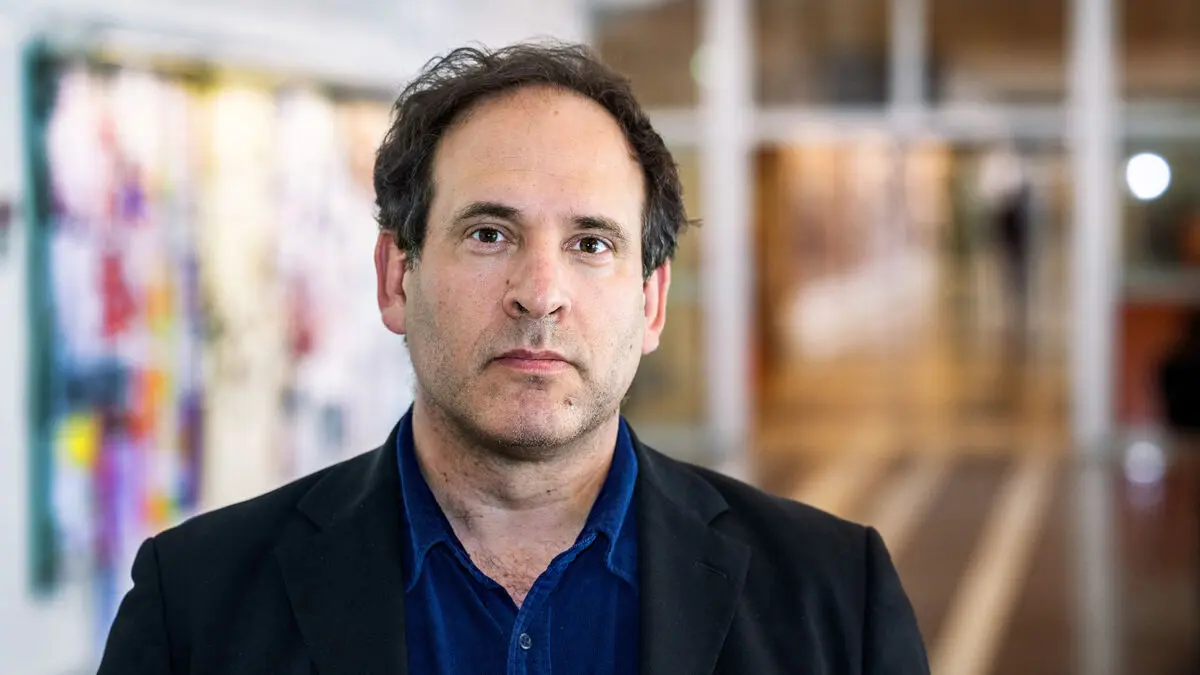Previous research has shown that there is a connection between right-wing political preferences and a lower confidence in researchers in general. The new study has specifically looked at people's trust in climate researchers and seen a strong correlation there as well.
In the study, over 10,000 participants from 26 countries responded to a survey and in the majority of the countries studied, there was a correlation to varying degrees. The strongest link was seen in English-speaking countries such as the USA, the UK, and Australia.
What was surprising was that it is such a global phenomenon and that the correlation was also stronger in rich and democratic countries than in others, says Amanda Remsö, one of the study authors and a doctoral student in psychology at Kristianstad University College and the University of Gothenburg.
Elsewhere in China
In some of the countries, including China and Indonesia, the correlation was instead reversed.
It may be that the political concepts of "right" and "left" mean different things in different countries, says Amanda Remsö.
In two countries, Georgia and Egypt, no correlation was seen between political ideology and trust in climate researchers. Researchers believe this may be because the issue of climate research is not as present or as politicized in these countries.
Whether it is the right-wing ideologies themselves that contribute to the lower confidence in climate researchers, or whether people who already have low confidence in climate researchers seek out right-wing ideologies, the study cannot answer.
It may be both ways. But previous research shows that people with more right-wing ideologies generally have a lower confidence in research and in democracy.
Education is not enough
But that higher education would lead to higher confidence in climate researchers for everyone, the researchers could not see. On the contrary, the correlation between ideology and confidence was somewhat stronger for higher educated individuals.
More research is needed to draw any major conclusions, but it may be that those with higher education are better at interpreting research so that it fits their own ideological worldview.
Researchers want to emphasize the importance of adapting communication about the climate issue to different target groups.
Using people with high confidence within right-oriented groups can be a way to go, says Amanda Remsö.
The study has been published in Journal of Environmental Psychology.






